Civil Rights Movement: The Civil Rights Movement stands as a defining moment in American history, characterized by a tireless struggle for equality and justice. Spanning several decades, this social and political movement aimed to end racial segregation and discrimination against African Americans in the United States. Through peaceful protests, grassroots organizing, and legal battles, the Civil Rights Movement succeeded in reshaping the nation and inspiring similar movements around the world.
I. Origins and Early Activism:
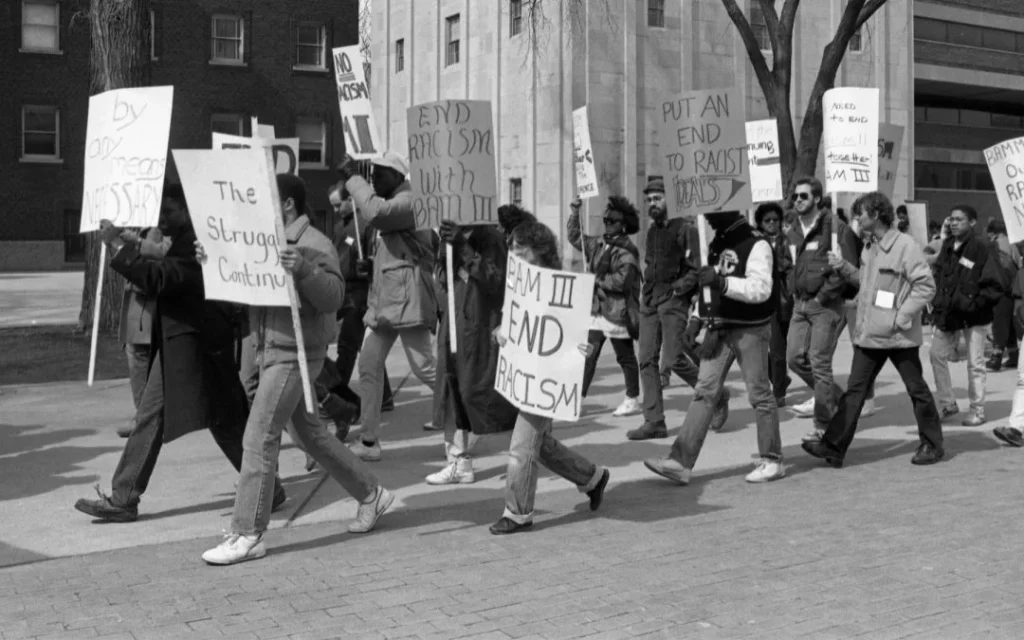
The roots of the Civil Rights Movement can be traced back to the Reconstruction era following the American Civil War. The ratification of the Thirteenth, Fourteenth, and Fifteenth Amendments marked significant progress in establishing equal rights for African Americans. However, the rise of Jim Crow laws and widespread racial violence undermined these gains. In response, prominent activists such as Booker T. Washington and W.E.B. Du Bois emerged, advocating for civil rights through education, economic empowerment, and legal action.
II. Brown v. Board of Education:
The landmark Supreme Court case Brown v. Board of Education in 1954 challenged racial segregation in public schools. The ruling declared that “separate but equal” facilities were inherently unequal and violated the Fourteenth Amendment. This decision set the stage for subsequent legal challenges to segregation and provided momentum to the Civil Rights Movement.
III. Montgomery Bus Boycott:
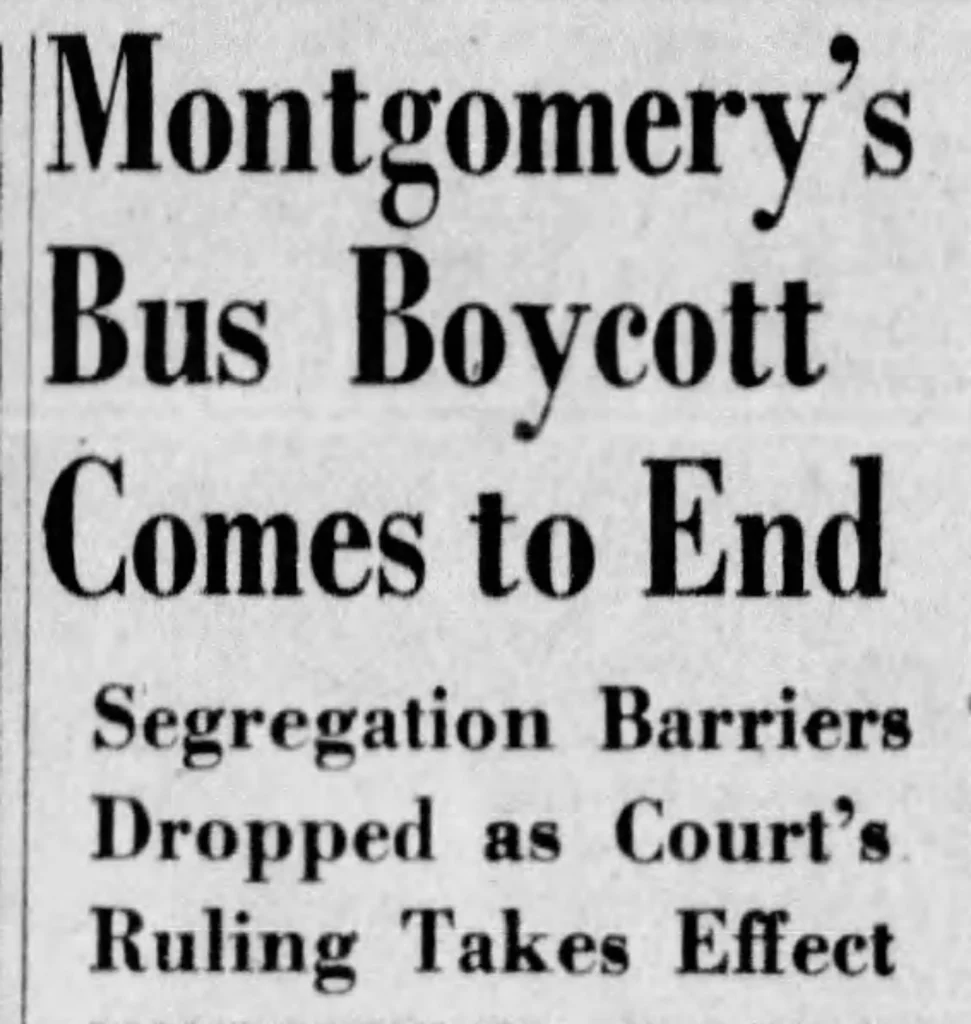
One of the pivotal events of the Civil Rights Movement was the Montgomery Bus Boycott in 1955. This year-long protest, sparked by Rosa Parks’ refusal to give up her bus seat to a white passenger, demonstrated the power of nonviolent resistance. Led by Martin Luther King Jr. and the Montgomery Improvement Association, African Americans boycotted the city’s segregated bus system, ultimately leading to a Supreme Court ruling that declared segregation on public transportation unconstitutional.
IV. Sit-Ins and Freedom Rides:
Building on the success of the Montgomery Bus Boycott, the Civil Rights Movement witnessed a surge in sit-ins and freedom rides throughout the 1960s. Inspired by the principles of nonviolent civil disobedience, young activists, often students, staged sit-ins at segregated lunch counters and participated in integrated bus rides across state lines. These acts of protest aimed to expose the injustices of segregation and drew national attention to the cause.
V. March on Washington and “I Have a Dream”:
On August 28, 1963, the March on Washington brought together approximately 250,000 people, making it one of the largest political rallies in American history. The highlight of the event was Martin Luther King Jr.’s iconic “I Have a Dream” speech, which called for an end to racial discrimination and envisioned a future of racial harmony. The march and King’s speech galvanized public support and pushed lawmakers to pass the Civil Rights Act of 1964.
VI. Voting Rights Act of 1965:
Another crucial milestone in the Civil Rights Movement was the passage of the Voting Rights Act of 1965. This legislation aimed to overcome barriers such as poll taxes, literacy tests, and intimidation tactics that prevented African Americans from exercising their right to vote. By eliminating these discriminatory practices, the Voting Rights Act ensured greater political representation and participation for African Americans.
VII. Legacy and Impact:
The Civil Rights Movement not only transformed the legal landscape of the United States but also had a lasting impact on societal attitudes and cultural norms. It paved the way for subsequent movements advocating for women’s rights, LGBTQ+ rights, and other marginalized communities. The courage and perseverance of Civil Rights activists served as an inspiration for future generations, reinforcing the belief in the power of peaceful protest and collective action.
The Civil Rights Movement remains a powerful testament to the resilience of individuals who fought against racial injustice. Through their unwavering commitment to equality and justice, activists and ordinary citizens alike brought about significant social and political change. While challenges persist, the legacy of the Civil Rights Movement serves as a reminder of the progress achieved and the ongoing struggle for a more inclusive and equitable society.
Read Also: Industrial Revolution
![]()

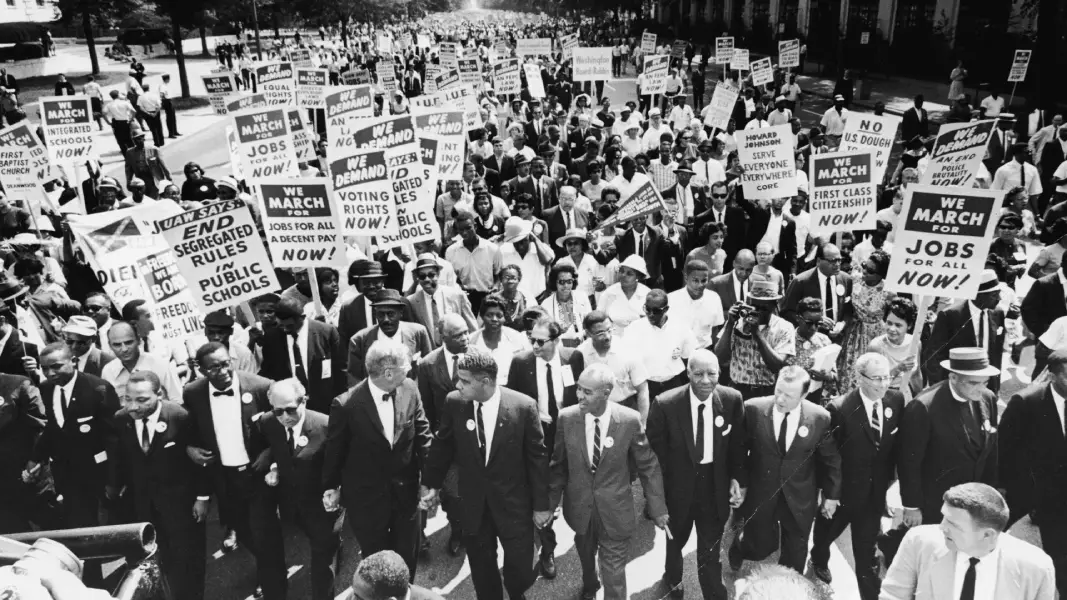
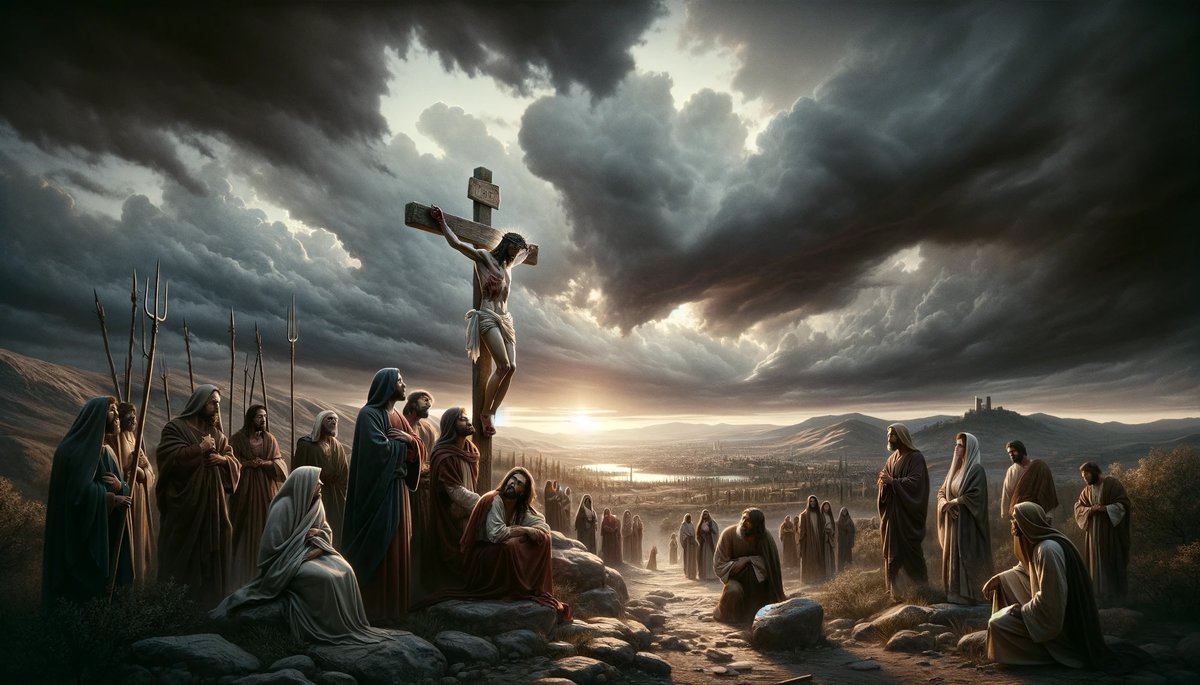
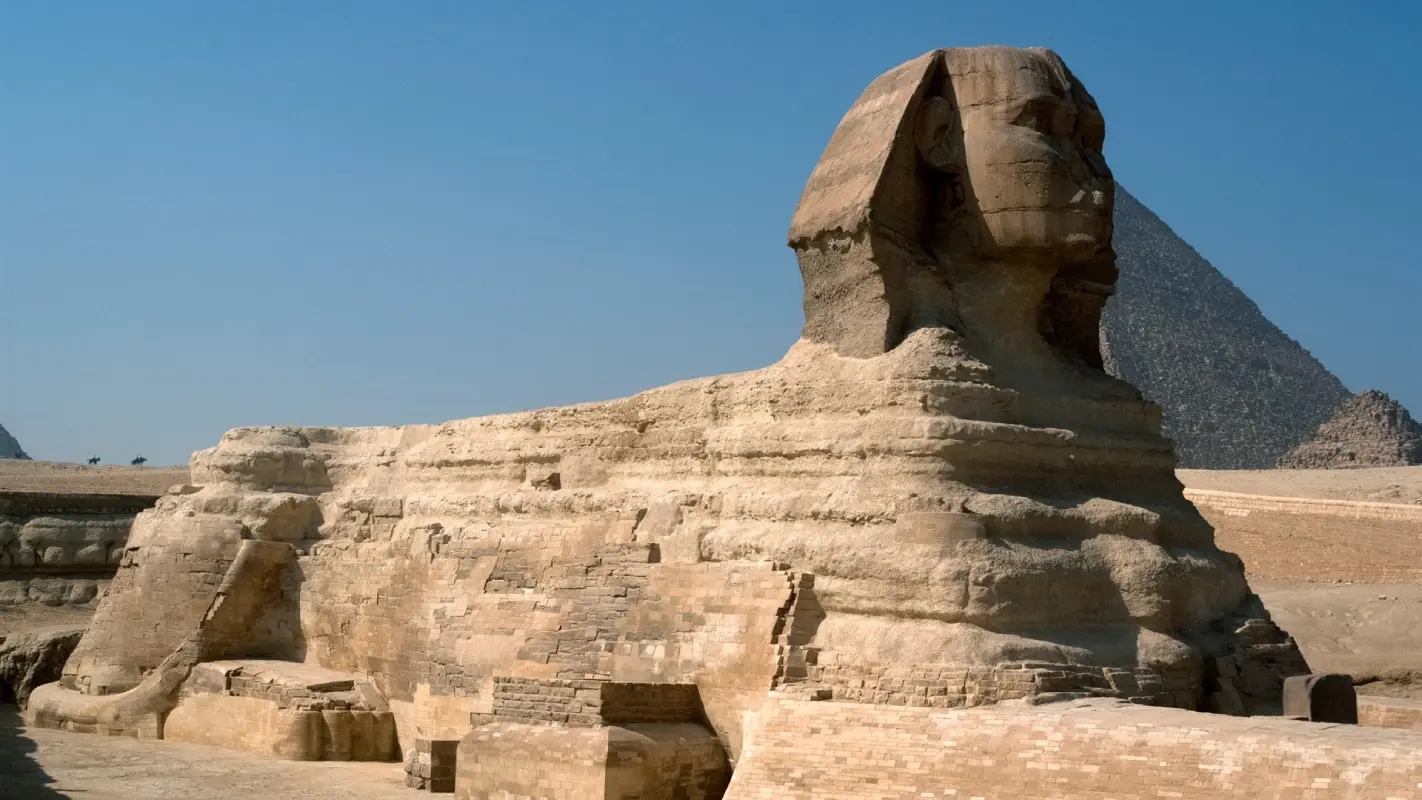
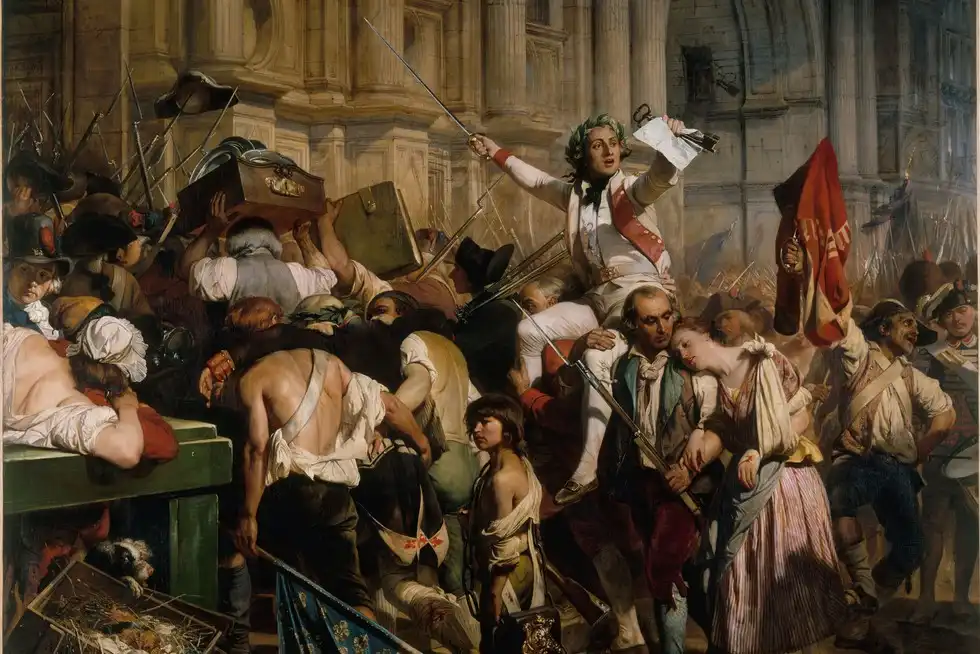

2 thoughts on “Civil Rights Movement”